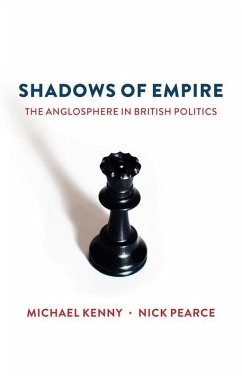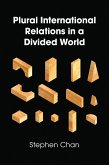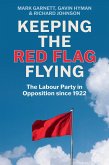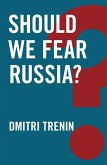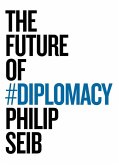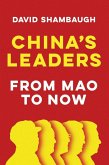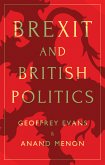Dieser Download kann aus rechtlichen Gründen nur mit Rechnungsadresse in A, B, BG, CY, CZ, D, DK, EW, E, FIN, F, GR, HR, H, IRL, I, LT, L, LR, M, NL, PL, P, R, S, SLO, SK ausgeliefert werden.
Gordon Brown, former British Prime Minister
"In this important and wide-ranging study Kenny and Pearce show how the conception of an Anglosphere has shaped many different political projects over the last hundred years, from Greater Britain to Brexit. Essential reading for understanding the Brexit debate."
Andrew Gamble, SPERI, University of Sheffield
"Concise and well-written, Kenny and Pearce's book will be of great value to students interested in the history of Britain's international relations from the heyday of empire to the present."
Times Higher Education
'The message go global may not have animated the daily Leave campaign, but in the words of Michael Kenny and Nick Pearce in their book Shadows of Empire, it "supplied a horizon of possibility, and a way of thinking about British history".'
The Guardian
'The chequered story Kenny and Pearce tell is rich in ironies and surprises. Their book serves, moreover, as a salutary warning that our customary preoccupation with domestic political economy ignores its necessary foundation in international networks and alignments; an insight obvious to the earlier generations who navigated the transitions from the British empire to the Commonwealth to the European Community.'
New Statesman
'[A] fascinating account of the influence of the idea of the "Anglosphere" on British politics.'
Financial Times
"a rich and interesting book"
Open Democracy

